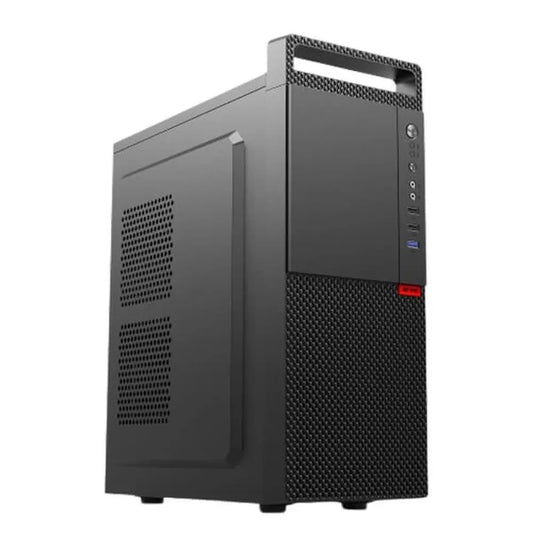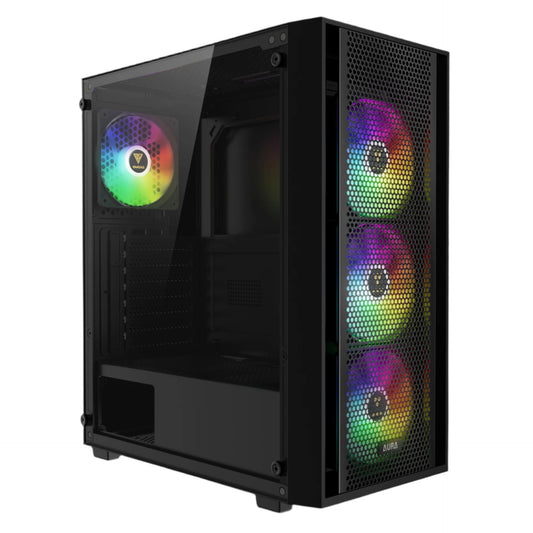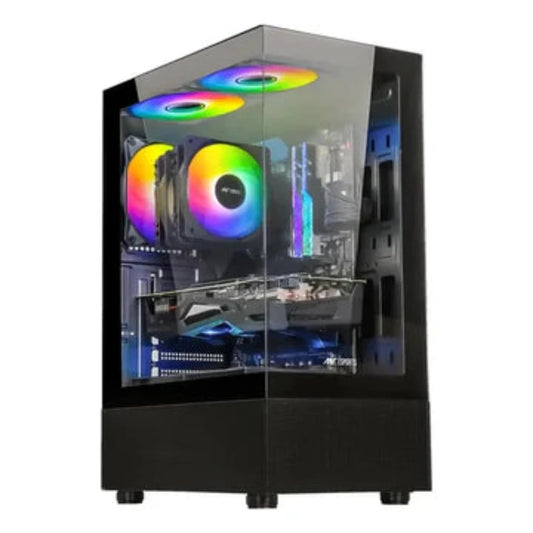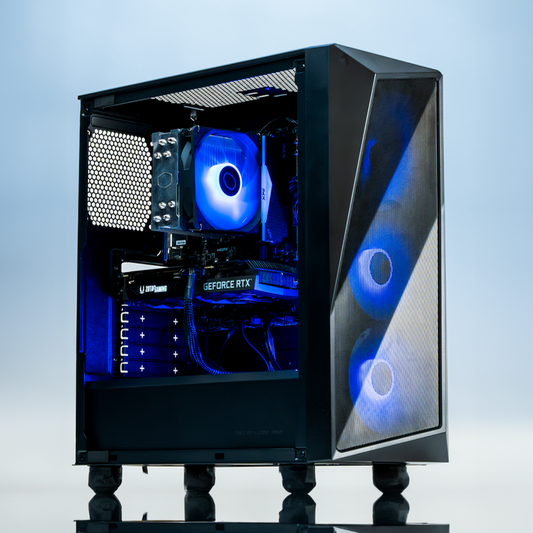SymphonyX M31 ( Intel i3 12100 / 16GB RAM DDR4 / 240GB 2.5 SATA SSD ) Custom PC Build For Music Production
Rs. 28,291.00
Rs. 40,288.00
SymphonyX M33 ( Intel i5 12400 / 32GB RAM DDR4 / 240GB 2.5 SATA SSD ) Custom PC Build For Music Production
Rs. 32,653.00
Rs. 49,635.00
SymphonyX M34 ( Intel i5 12400 / 32GB RAM DDR4 / 500GB M.2 NVME SSD ) Custom PC Build For Music Production
Rs. 35,831.00
Rs. 52,369.00
SymphonyX M35 ( Intel i5 14400 / 32GB RAM DDR5 / 500GB M.2 NVME SSD ) Custom PC Build For Music Production
Rs. 45,420.00
Rs. 63,924.00
SymphonyX M36 ( Intel i5 14400 / 32GB RAM DDR5 / 1TB M.2 NVME SSD ) Custom PC Build For Music Production
Rs. 50,609.00
Rs. 64,889.00
SymphonyX M57 ( Intel i7 14700 / 32GB RAM DDR5 / 1TB M.2 NVME SSD ) Custom PC Build For Music Production
Rs. 83,475.00
Rs. 99,489.00
SymphonyX M32 ( Intel i3 12100 / 16GB RAM DDR4 / 500GB M.2 NVME SSD ) Custom PC Build For Music Production
Rs. 29,721.00
Rs. 48,352.00














